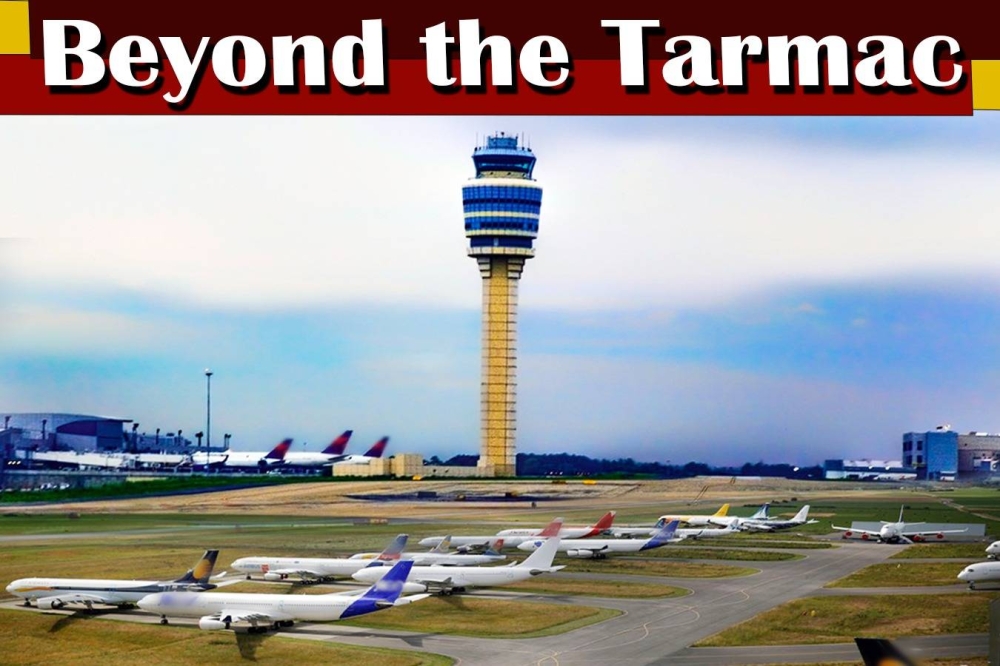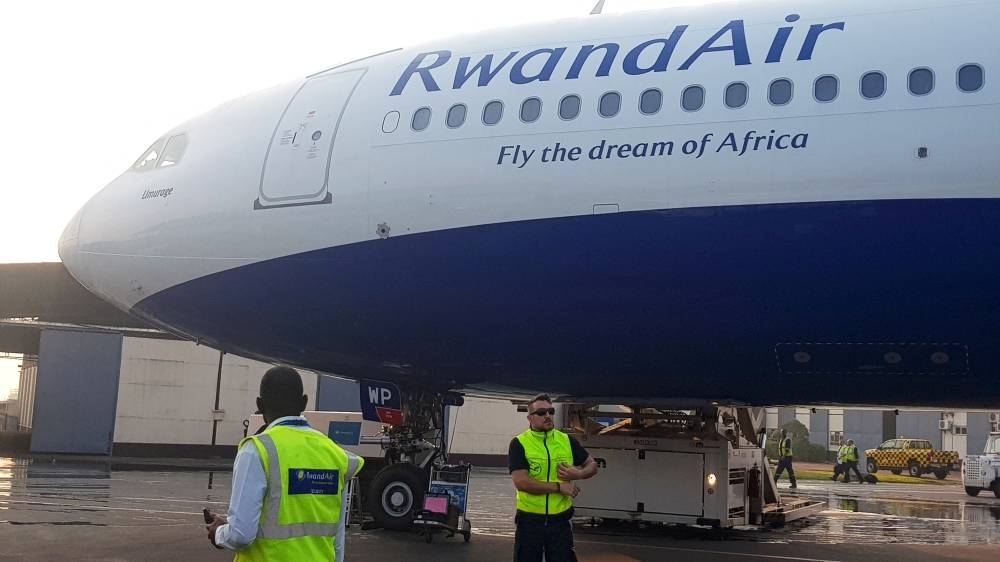
Moreover, the International Air Transport Association estimates further losses of $213mn in 2023.
Many African airports lack modern infrastructure, such as modern runways, taxiways, and navigation aids. This limits the ability of airlines to operate efficiently and safely.
The regulatory environment for aviation in Africa is often complex, inconsistent, and subject to corruption. This can create significant barriers for airlines looking to operate in multiple African countries.
African airlines often struggle to access funding for expansion and modernisation. This is due to factors such as limited access to capital markets, high operating costs, and limited government support.
Safety and security concerns remain significant challenges facing African aviation. Many African airlines have poor safety records, and some countries in Africa have significant security challenges.
African airlines also face stiff competition from foreign carriers. Many African airlines struggle to compete with larger and more established carriers from Europe, the Middle East, and Asia.
Obviously, these challenges create a difficult environment for African airlines to operate in. Addressing these challenges will require significant investment in infrastructure, regulatory reform, and support for local carriers.
Sustainably connecting the African continent internally and to global markets with air transport is critical for bringing people together and creating economic and social development opportunities, IATA says.
It will also support the realisation of the UN’s Sustainable Development Goals (UN SDGs) for Africa of lifting 50mn people out of poverty by 2030.
In particular, trade and tourism rely on aviation and have immense unrealised potential to create jobs, alleviate poverty, and generate prosperity across the continent.
Africa has a solid foundation to support the case for improving aviation’s contribution to its development. Pre-Covid aviation supported 7.7mn jobs and $63bn in economic activity in Africa, IATA said and noted projections are for demand to triple over the next two decades.
Undoubtedly, Africa continues the path to recovery from the Covid-19 crisis. Air cargo is 31.4% over 2019 levels and air travel is 93% of 2019 levels. Full recovery for air travel is expected in 2024.
Recently, IATA launched ‘Focus Africa’ to strengthen aviation’s contribution to Africa’s economic and social development and improve connectivity, safety and reliability for passengers and shippers.
This initiative will align private and public stakeholders to deliver measurable progress in some key areas such as safety, infrastructure, connectivity, finance and distribution, sustainability and future skills.
“Africa stands out as the region with the greatest potential and opportunity for aviation. The Focus Africa initiative renews IATA’s commitment to supporting aviation on the continent. As the incoming chair of the IATA Board of Governors, and the first from Africa since 1993, I look forward to ensuring that this initiative gets off to a great start and delivers benefits that are measurable,” said Yvonne Makolo, also CEO of RwandAir.
IATA director general Willie Walsh noted, “The limiting factors on Africa’s aviation sector are fixable. The potential for growth is clear. And the economic boost that a more successful African aviation sector will deliver has been witnessed in many economies already.
“With Focus Africa, stakeholders are uniting to deliver on six critical focus areas that will make a positive difference. We will measure success and need to hold each other accountable for the results.”


